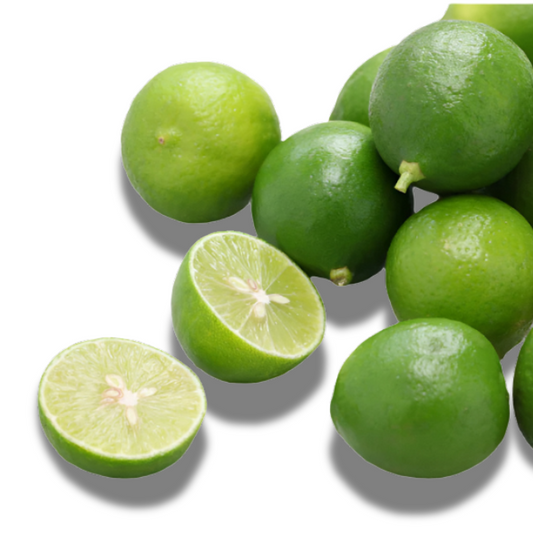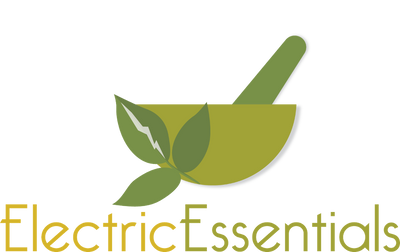FoodforNegus
Horsetail(Shavegrass) Herb [Nail, Hair, Skin & Bone Health]
Horsetail(Shavegrass) Herb [Nail, Hair, Skin & Bone Health]
Couldn't load pickup availability
Key Benefits
Bone Health
Horsetail may support bone health and healing due to its high silica content. It appears to inhibit osteoclasts (cells that break down bone) and stimulate osteoblasts (cells that build new bone), which could help with conditions like osteoporosis.
Diuretic Effects
One of horsetail's most well-known properties is its natural diuretic effect. It can increase urine output, potentially helping with fluid retention and urinary tract issues.
Hair, Skin and Nail Health
The silica in horsetail may improve the appearance and strength of hair, nails and skin. It can reduce nail fragility, increase hair growth and strength, and improve skin quality by fighting free radicals that cause premature aging.
Wound Healing
Topical application of horsetail ointment has shown promise in promoting wound healing, reducing redness, swelling and discharge. This may be attributed to its silica content and anti-inflammatory properties.
Other Potential Benefits:
Anti-inflammatory effects: Horsetail may help reduce inflammation in the body.
Antimicrobial activity: It has shown potential against certain bacteria and fungi.
Antioxidant properties: Horsetail is rich in antioxidants that can protect cells from damage.
Weight loss support: Its diuretic and metabolic effects may aid in weight management.
Blood pressure reduction: The diuretic effect may help lower blood pressure.
Preparation Instructions:
Ingredients:
- 1 to 2 teaspoons of dried horsetail stems (or 1 tablespoon for a stronger tea)
- 1 cup of boiling water
Directions:
- Bring a cup of water to a rolling boil.
- Measure out 1 to 2 teaspoons of dried horsetail. If you prefer a stronger flavor, use the higher amount.
- Place the dried horsetail in a tea infuser or directly into your cup. Pour the boiling water over the horsetail.
- Cover the cup with a lid or small plate to retain steam and let it steep for about 5 to 10 minutes. The longer you steep, the stronger the flavor and herbal properties will be.
- If you used loose horsetail, strain it out using a fine mesh sieve. If you used an infuser, simply remove it.
- Your horsetail tea is ready! You can drink it plain or add sweeteners like agave, maple syrup and/or lime for extra flavor.
NOTE:
- For best results, do not consume horsetail tea for more than one week continuously to avoid potential side effects such as dehydration or mineral loss.
Net Wt. 2 Oz
**Disclaimer: It's important to note that more research is needed to fully understand horsetail's effects. Always consult with a healthcare professional before using horsetail or any herbal supplement, especially if you have existing health conditions or are taking medications.
It's important to note that horsetail tea should be avoided by pregnant and breastfeeding women, people with alcoholism, diabetes, or low potassium levels. Always consult with a healthcare professional before adding horsetail tea to your diet, especially if you have existing health conditions or are taking medications.
Common Side Effects
Gastrointestinal Issues
- Upset stomach
- Diarrhea
Increased Urination
Due to its diuretic effects, horsetail tea may cause more frequent urination.
Serious Side Effects
Electrolyte Imbalances
Long-term or excessive use can lead to loss of important minerals in the body, potentially causing:
- Dehydration
- Muscular weakness
- Changes in cardiac conductivity
Thiamine Deficiency
Horsetail contains thiaminase, an enzyme that breaks down thiamine (vitamin B1). Prolonged use may lead to vitamin B1 deficiency, especially in those with already low levels.
Kidney Issues
In rare cases, it may cause kidney damage. Symptoms to watch for include:
- Kidney pain
- Lower back pain
- Pain while urinating
Blood Sugar Changes
Horsetail may lower blood sugar levels, which could be problematic for people with diabetes.
Severe Reactions
While rare, some severe reactions have been reported:
Pancreatitis
There has been at least one case report of acute pancreatitis linked to habitual consumption of horsetail tea.
Strong Headaches
Some individuals may experience severe headaches after consuming horsetail tea.
Heart Palpitations
Taking too much horsetail can result in heart palpitations in some cases.
Share
![Horsetail(Shavegrass) Herb [Nail, Hair, Skin & Bone Health]](http://foodfornegus.com/cdn/shop/files/organic-herb-horsetail-equisetum-arvense-organic-dried-leaves-30-tea-bags-1-5oz-4_jpg.webp?v=1728515262&width=1445)
![Horsetail(Shavegrass) Herb [Nail, Hair, Skin & Bone Health]](http://foodfornegus.com/cdn/shop/files/716-jB4FfSL-SL1100-_jpeg.webp?v=1728515262&width=1445)
![Horsetail(Shavegrass) Herb [Nail, Hair, Skin & Bone Health]](http://foodfornegus.com/cdn/shop/files/horsetail-1296x728-header_jpg.webp?v=1728515839&width=1445)
Featured:
-
Alkaline Electric Smoothies & Juices Recipe Ebook
Regular price $1.00 USDRegular price$0.00 USDSale price $1.00 USD -
Soursop Box — Limited Pre-Order — (Limited Shipping To: NY, NJ, CT, PA, MA, MD, VA)
Regular price From $70.00 USDRegular price$0.00 USDSale price From $70.00 USDSold out -
Agave Free Soursop Juice — Dr.Sebi Approved Ingredients - [Standard Shipping To Tri-State Area (Greater USA: 1-2 Day Shipping Required)]
Regular price $75.00 USDRegular price -
6 PC 100% JUICE COMBO PACK — [Standard Shipping To Tri-State Area (Greater USA: 1-2 Day Shipping Required)]
Regular price $75.00 USDRegular price -
Purple Seamoss — Irish Moss (Chondrus Crispus)
Regular price From $19.79 USDRegular price$21.99 USDSale price From $19.79 USDSale -
6 PC - SOURSOP-IN-A-BOTTLE: Fresh Frozen Soursop Pulp — [Standard Shipping To Tri-State Area (Greater USA: 1-2 Day Shipping Required)]
Regular price $75.00 USDRegular price -
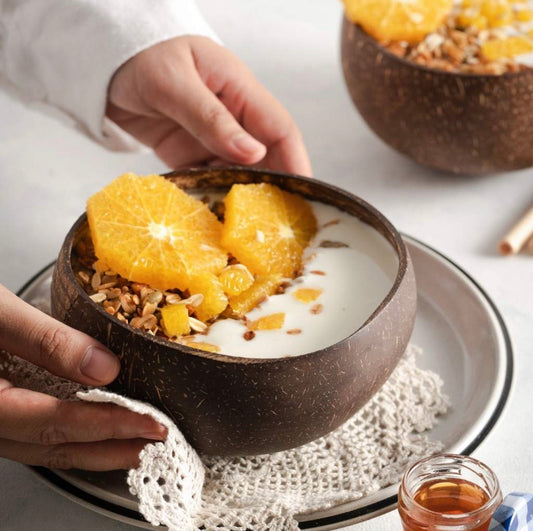 Sold out
Sold outCoconut Bowl-plus Free wooden spoon
Regular price $13.99 USDRegular price -
Key Limes – Available to ship to all 50 states
Regular price From $4.50 USDRegular price$5.00 USDSale price From $4.50 USDSale





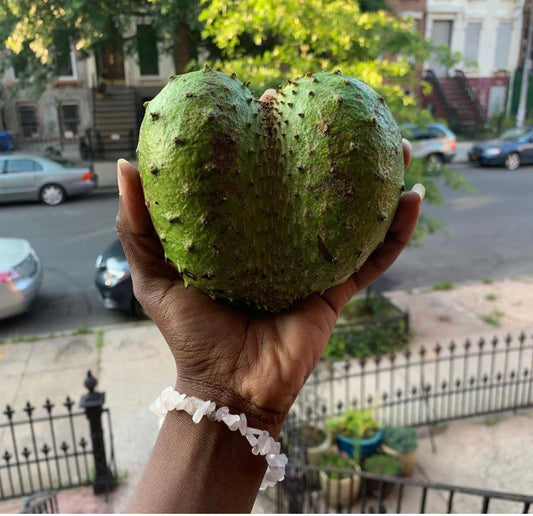

![6 PC 100% JUICE COMBO PACK — [Standard Shipping To Tri-State Area (Greater USA: 1-2 Day Shipping Required)]](http://foodfornegus.com/cdn/shop/products/image_dfe8af49-2fe9-4a28-b0de-de5f84cbb9a9.jpg?v=1763950261&width=533)
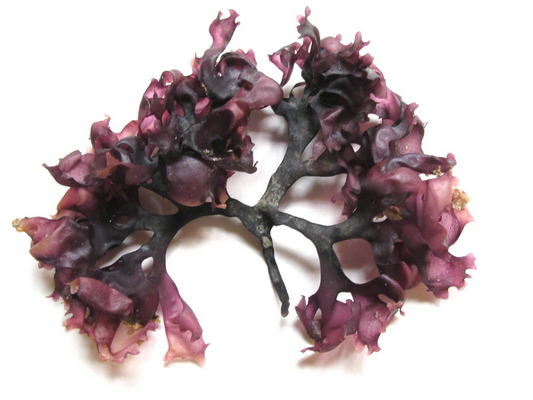
![6 PC - SOURSOP-IN-A-BOTTLE: Fresh Frozen Soursop Pulp — [Standard Shipping To Tri-State Area (Greater USA: 1-2 Day Shipping Required)]](http://foodfornegus.com/cdn/shop/files/20240611_161433_2.jpg?v=1718140061&width=533)

